The neo-retro gaming movement is alive and well. There’s just something about being able to play something that looks dated, but feels like a modern title, inherently calling out to players of a certain age. Given that I fall square in the middle of that demographic, I was well aware of the upcoming PC release, Habroxia 2. This 16-bit inspired shoot ’em up (shmup) looks to take everything that was once old and make it new again, plus mix in a bit of fresh ideas for good measure. But does it bring enough to the table to make the experience feel both modern and classic, simultaneously?
Before we get too far down the rabbit hole of this review, it’s probably important to call a spade, a spade. If you’re looking for a rich narrative arc in Habroxia 2, it’s probably best to look elsewhere. Let’s not lose sight of the fact that this is a shmup, for Christ sake. As you might imagine, opportunities for injecting story into the experience are somewhat limited. Substantial cutscenes bookend the experience, providing massive exposition dumps both at the head and tail of the campaign. Aside from those couple of instances, it’s primarily left up to the player to define their own canon, which was entirely fine by me.
Choose your own adventure
Storywise, the game presents an endearing father and daughter flashback scene. A concerned parent is trying to help his daughter learn to fly a shuttle, after she spent years exclusively training in a simulator. This also acts as the tutorial stage, which is a sweet touch. The problem was, once this tutorial wraps up, the more depressing undertones begin to show through a bit more. It turns out that the main protagonist, Sabrina, is experiencing this flashback because in the current timeline she’s actually on the hunt for her missing father.
After her dear old dad was the sole member of a scout team that never returned from his mission, Sabrina set off to track down his whereabouts. Oddly enough, despite these early storyline injections, the rest of the experience trucks along with little to no follow-through on the story, aside from the previously mentioned narrative bookends. While I’m always going to be a firm believer in building canon within a franchise, this felt like an unnecessary, bolted-on afterthought.
From that point forward, Habroxia 2 is focused 100% on pure, unadulterated, shmup madness. The gameplay itself reads like a love letter to the long-forgotten shooters of gaming’s past, only featuring a more modern twist on the subject matter. For one, every stage has an end boss. Every. Single. Level. If that sounds like a shit-ton of big baddies, you would be correct. Thankfully, there are only a handful of proper end-game caliber battles, as the guardians of most exits are generally dispatchable with relative ease.
Stick-ing to the fundamentals
Another aspect of the experience that may differ from your traditional shmups would be the employment of a twin-stick control scheme. Put your keyboard to the side on this one, because the controller is the the best way to actually interface with the game. The left stick is used to maneuver the ship, while the right stick directionally aims the primary turret. The bumpers are then utilized to fire off the special weaponry, with the right bumper firing forwards and the left firing backward. Lastly, the left trigger is employed to utilize pickups such as shields and super laser blasts.
The moment-to-moment action is a fast-paced maze of gunfire and chaos. However, as long as you have the correct set of special weapons equipped, it’s fairly easy to steadily progress through the campaign. Most stages will provide plenty of challenge, but will rarely be tough enough to kill you. Fortunately, there aren’t really any negative consequences to biting both the literal and proverbial bullet. Upon demise, you’re simply returned to the stage selection screen. There’s no need to worry about those pesky lives, as God damn-well intended.
Before the start of every stage in Habroxia 2, you’ll get the opportunity to equip special weapons. What makes this slightly unique is that you can assign a different special armament to be applied to your forward and backward-facing turrets, respectively. Over the course of the campaign, both new weaponry and enhancements are organically added to the arsenal.
Another way to help tip the balance in the player’s favor is through the use of in-game currency. Money is added to the digital wallet by capturing the numerous pickups that are dropped over the course of each stage. Cash is then used to upgrade different aspects of the ship, such as the speed and power of each shot from the primary cannons or the strength of each special weapon. It’s worth noting that you don’t need to enhance each special individually, however, because there’s just a single set of stats associated collectively with all specials.
As I mentioned earlier, selecting and upgrading the proper weapons at the right time is crucial to your success. Fortunately, as you replay levels, you’re constantly gathering more currency, which can be used to acquire the stat boosts needed to “get over the hump.” This only happened to me a handful of times, and most of it was within my first hour with the game. Once I was able to get past the stopper stages, it was smooth sailing from then.
One last crucial mechanic is determining out the most effective times to use specials. After blasting off a shot, there is then a brief 3-5 seconds where a weapon must recharge. What makes this so important is that during this recharge, there is a split second after it reactivates where you can gain bonus projectiles. I found this to be very akin to the active reload mechanic in the Gears of War franchise, where if you miss that firing window, the ensuing shot will be less impactful than if you nailed the timing perfectly.
Keeping things fresh
Part of what helps prevent Habroxia 2 from feeling like a retread of everything that has come before it is the non-linear campaign structure, featuring branching paths littered throughout. As a huge fan of the early entries in the Star Fox franchise, this was just what the hyperspace doctor ordered. Each branching tendril is actually determined by whether the player can uncover what amounts to a series of hidden exit ramps on this interstellar highway.
Eventually, the progression will begin to spiral out of the main “Path A,” adding an additional half dozen trails to follow. Each path also has its own end boss, used to signify the completion of that specific track. After each pathis cleared and the final overlord boss is wiped off the map, then the game actually manages to open up even further. At this point, a new game +, as well as boss rush mode, is unlocked, once again adding additional value to an already bursting package.
Pretty much everything that Habroxia 2 does, it does exceptionally well. In an era where everyone is content to copy what’s come before, it was nice to see that that team over at Lillymo Games is legitimately trying to breathe new life into the rapidly aging genre. This is a flight that you won’t want to miss out on, so buckle in tight.

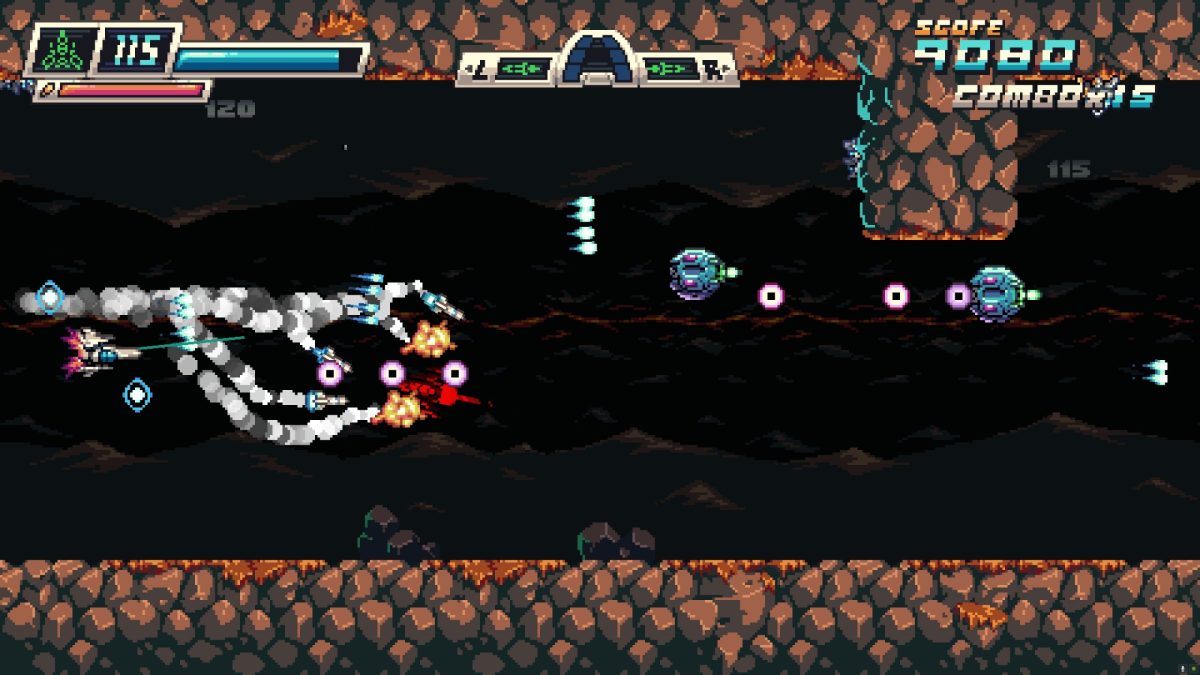

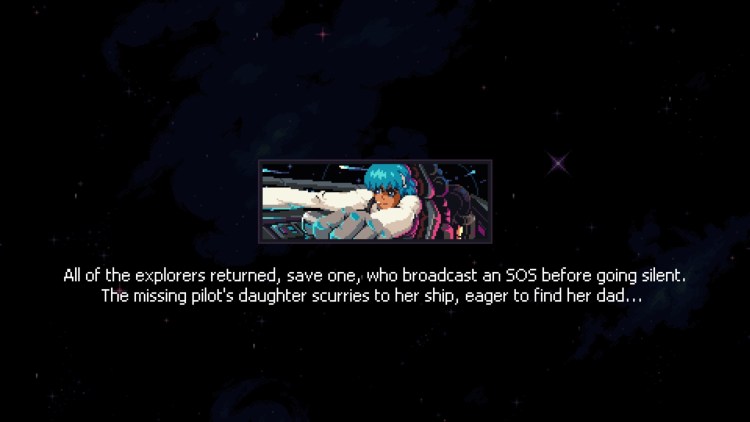
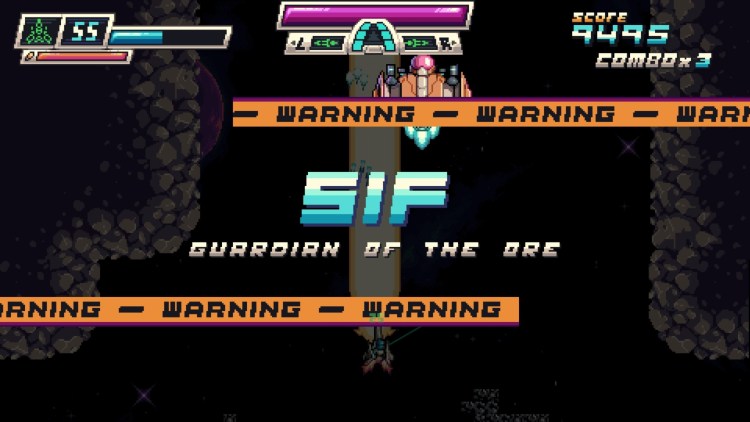
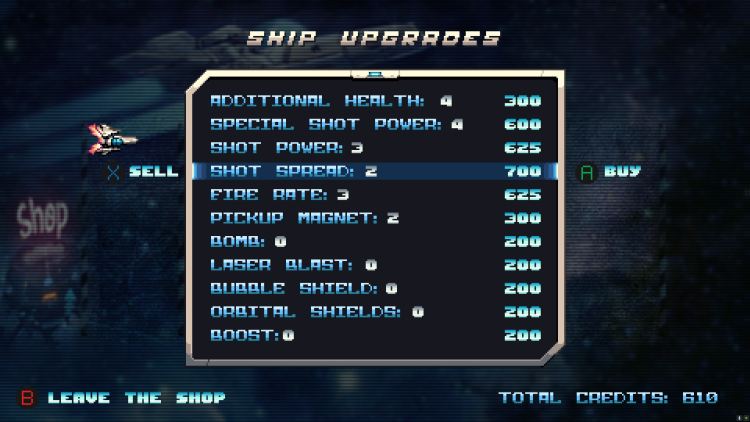
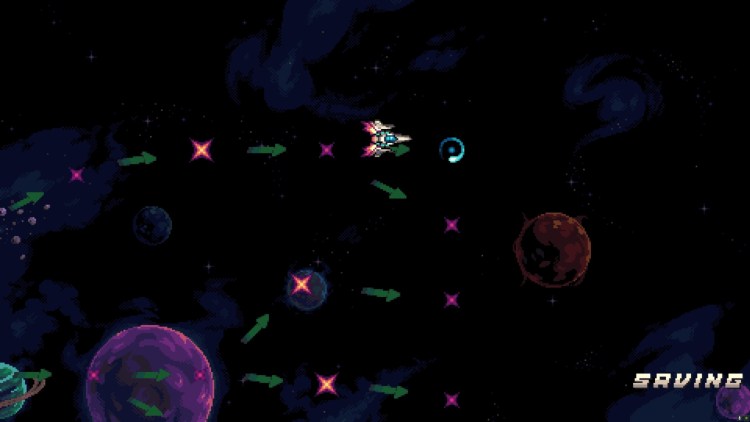





Published: Feb 1, 2021 09:00 pm